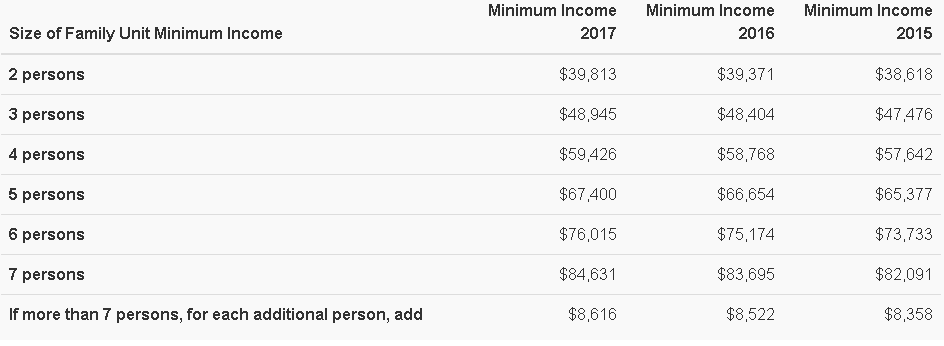1. Understanding why your application was refused
our application may be refused for a number of different reasons. Before you can make a new application you must understand the reason and make sure that this mistake can be overcome in your new application.
One of the common reasons for refusal is that the application is not detailed enough and does not contain sufficient documents to demonstrate your eligibility and your ties to your home country to demonstrate that you will leave Canada. It is the duty of applicants and their representatives to make sure that they provide a full application with documents that will convince an officer of your eligibility.
2. Mistakes can be made
Sometimes it is possible that a mistake may be made when processing your application. For example if your refusal letter states that you have no travel history but you have travelled to dozens of countries and provided proof of your travels then it is possible that the documents may have been missed when assessing your document. In such circumstances we are often able to request a reconsideration of the decision by explaining the error within a short-time after the decision is issued.
3. Appeal options
If a negative decision is made on your visitor visa application (or other temporary application such as study permit or work permit), you have the right to apply for judicial review of the decision in Federal Court in Canada. There is limited time to apply to Federal Court so you must seek legal advice as soon as possible to determine if this is the best way to proceed. In deciding whether to apply to Federal Court we look at the basis of the decision made and whether the decision was incorrect based on law or the facts.
4. Dealing with misrepresentation
If you provide incorrect information and documents in your application, whether on purpose or by mistake, your application may be refused because of misrepresentation. The consequences of a finding of misrepresentation are severe and you may be prevented from submitting a new application for a number of years. Depending on the circumstances of your case you should contact a lawyer to seek advice on the best way to respond. As you are prevented from re-applying you will need to either resolve the issue at the Visa Office by proving that there was no misrepresentation or apply to federal court if a mistake was made in determining the misrepresentation in your application.
5. How quickly can I re-apply for a visitor visa?
Your ability to re-apply will depend on the reason for your refusal. If your application was refused for misrepresentation you may be prevented from applying for up to 5 years. However, if your application was refused because you did not provide sufficient proof of ties or financial support you may be able to apply again and provide the missing documents and information. In most cases, if you reapply before there is a change in your circumstances you are likely to receive a similar response. You should allow yourself sufficient time to be able to take steps to overcome the shortcomings of your application, such as acquiring more travel history before you submit a new visa application. Therefore it is critical that you understand the reason for your refusal before you make any plans to submit a new visitor visa application.

 RSS Feed
RSS Feed